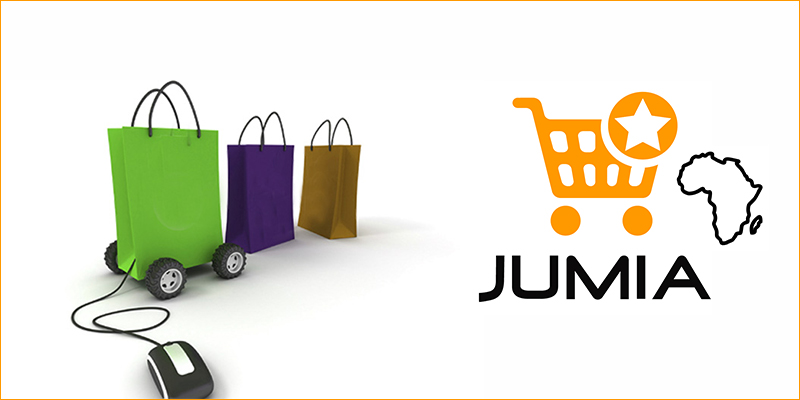With barely four years of operation in the Nigerian eCommerce space, Jumia, one of Nigeria’s online shopping solution companies, said eCommerce has revolutionised shopping in Nigeria, with lots of economic gains for governments at all levels.
The Chief Executive Officer of Jumia Nigeria, Mrs. Juliet Anammah who made the disclosure during a media tour of Jumia facilities in Lagos recently, said the online shopping company is ready to further deepen eCommerce in Nigeria through new initiatives that would open vista of opportunities for Nigerians.
According to her, the initiative would come as innovative partnership that would be launched in few weeks to support the development of businesses that manufacture or assemble locally. Under this new initiative, Jumia will partner and invest heavily in supporting Nigerian brands in order to help boost an ecosystem that creates local jobs and keep more profits within the Nigerian economy.
During the facility tour, the media team visited the company’s training and customer service facility in Yaba, Lagos as well as the warehouse and fulfillment centre in Ikeja, Lagos. At the warehouse, the global CEO of Jumia services, Indrek Henloo, explained the processes involved in transferring tested and approved products from vendors and sellers, through the fulfillment centres to the final consumers.
Addressing the team shortly after the facility tour, Anammah gave insight into how Jumia has steadily impacted eCommerce in Nigeria by focusing on quality service delivery, customer satisfaction, innovation and enhanced logistics.
Giving a detailed narrative of Jumia’s operation, Head of Customer Operations, Chidinma Ifepe, presented various innovative programmes and customer centered activities that have energised the Jumia brand to its present level. Ifepe explained how the team’s constant focus on improvement in customer relations grew from a level where about 60 per cent of Jumia’s customers expressed full satisfaction to the current satisfaction level of over 80 per cent.
Ifepe also revealed that the 2015 e-commerce customer service award won by Jumia was a positive industry nod, which reflected the high level of customer satisfaction achieved collectively by the entire workforce. She cited the persistent customer focus in taking company decisions, and swift handling and resolution of customer complaints as key factors behind the company’s outstanding customer service delivery.
Partner Relations Manager, Omolara Awoyemi, spoke on various payment options that have kept Jumia top of mind with online shoppers in Nigeria. She explained how innovations like cash-on-delivery, and free returns within 7days changed the face of online shopping in Nigeria.
Awoyemi stated that what drives her team and indeed the massive acceptance of the Jumia brand is the consistent pursuit of convenient and secure payment options through a secure server. She revealed other new payment options like Jumia pay- direct which is a payment plan where once authentication is done once, revealing account details subsequently becomes unnecessary. The Book on hold plan is another option where orders can be made online and then payment via Automated Teller Machine (ATM) or other payment forms can later be used to pay within an agreed space of time.
Awoyemi also explained that other issues like prompt processing of customer refunds, charge backs and card payment reversals as well as prompt resolution of issues relating to credit reversals, cash refunds and online pre-paid orders have helped to ensure maximum satisfaction and retention of Jumia customers.
Speaking on the strength of Jumia vendors, Senior Vice-President, Vendor Management, Thomas Simonet, revealed that Jumia has 12,000 registered vendors. From this list 5,000 are active. All of Jumia’s vendors receive onboarding and training as well as ongoing support on how to maximise visibility and sales.
“With Jumia, traders in one town in Nigeria can have the opportunity of showcasing their product to millions of prospective customers at no cost on the Jumia platform,” Simonet said.


 Billionaire Watch3 weeks ago
Billionaire Watch3 weeks ago
 Startups4 weeks ago
Startups4 weeks ago
 News4 weeks ago
News4 weeks ago
 News4 weeks ago
News4 weeks ago
 Bitcoin4 weeks ago
Bitcoin4 weeks ago
 Naira4 weeks ago
Naira4 weeks ago
 Forex3 weeks ago
Forex3 weeks ago
 Treasury Bills4 weeks ago
Treasury Bills4 weeks ago
























